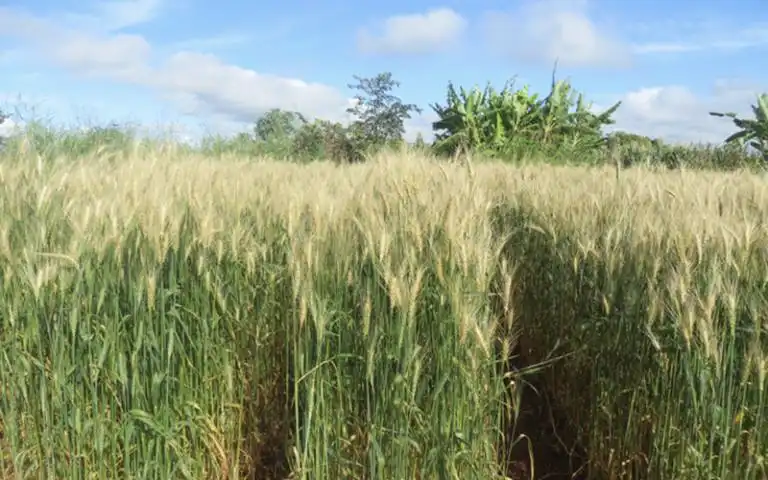
Genomic surveillance could aid in tracking pathogen evolution and crop resistance, preventing crop failures, suggests a new study.

Genomic surveillance could aid in tracking pathogen evolution and crop resistance, preventing crop failures, suggests a new study.
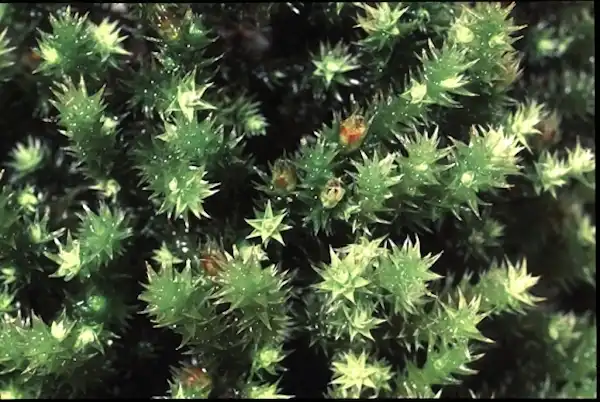
Now a global study has found mosses are not just good for the garden, but are just as vital for the health of the entire planet when they grow on topsoil. Not only do they lay the foundations for plants to flourish in ecosystems around the world, they may play an important role mitigating against climate change by capturing vast amounts of carbon.
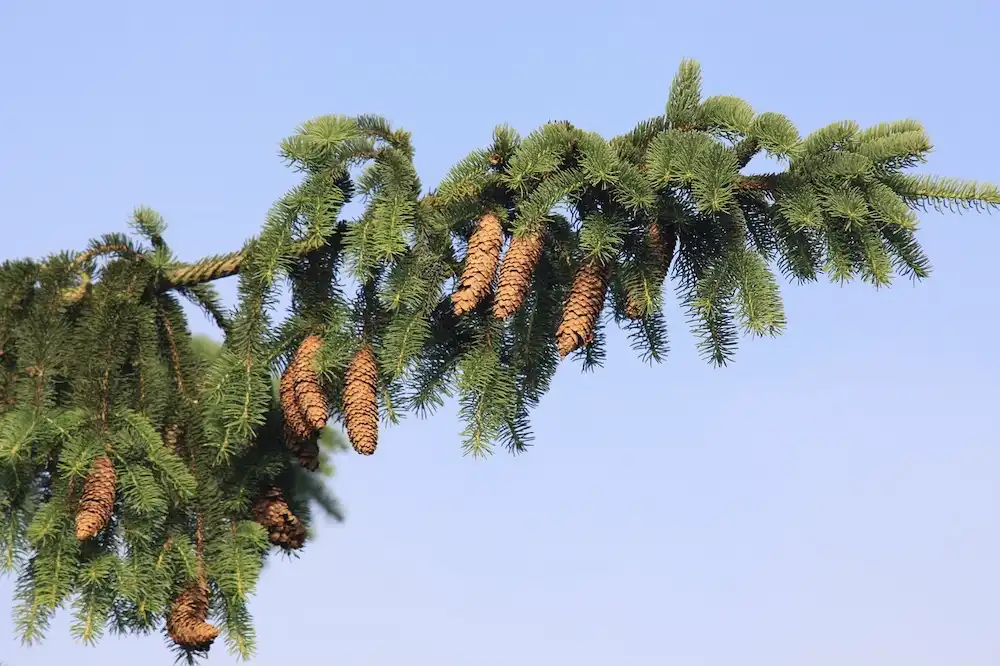
Reactive oxygen species (ROS) are toxic compounds generated by living systems through aerobic respiration and photosynthesis. Now, researchers have studied the mechanism to regulate the activity of ROS-producing enzymes and revealed that ROS is involved in the growth of spruce and synthesis of lignin, a key cell wall component. The findings could help develop technologies for producing valuable timber-based materials and boost the growth of coniferous trees.
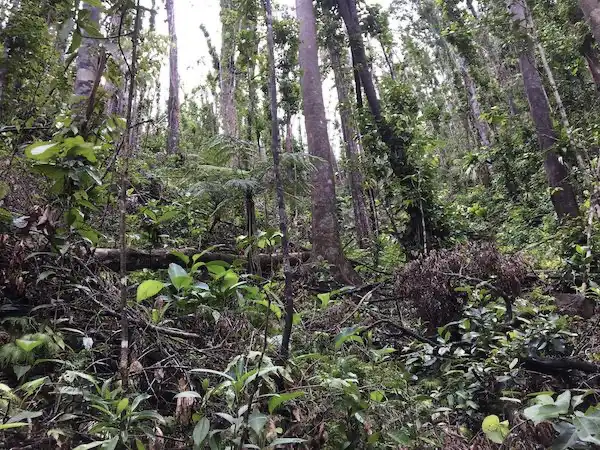
Researchers got into the forests on the island of Dominica after 9 months of the Category 5 Hurricane Maria and examined the trees closely. They discovered that while 89% of the trees sustained damage — 76% of which had major damage —only 10% were immediately killed. Many of the trees had resprouted.
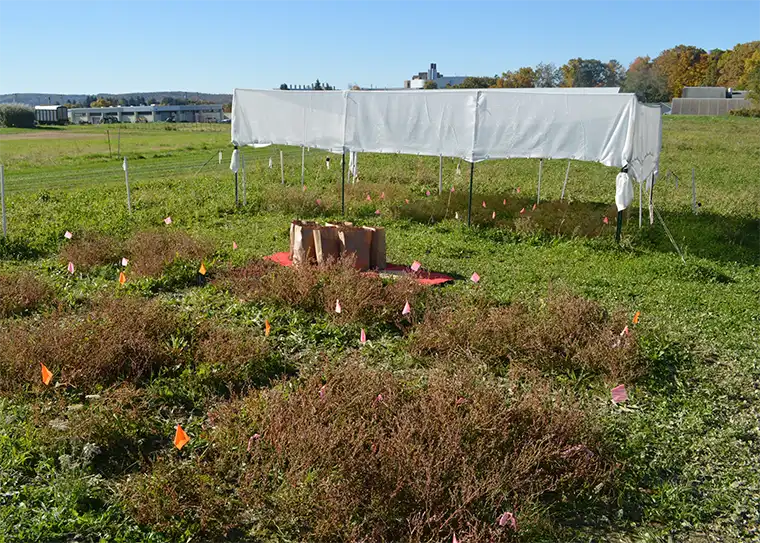
Did humans favor certain wild plants for domestication because they were more easily “tamed”? New research calls for a reappraisal of the process of plant domestication, based on almost a decade of observations and experiments. The behavior of erect knotweed, a buckwheat relative, has paleoethnobotanists completely reassessing our understanding of plant domestication.
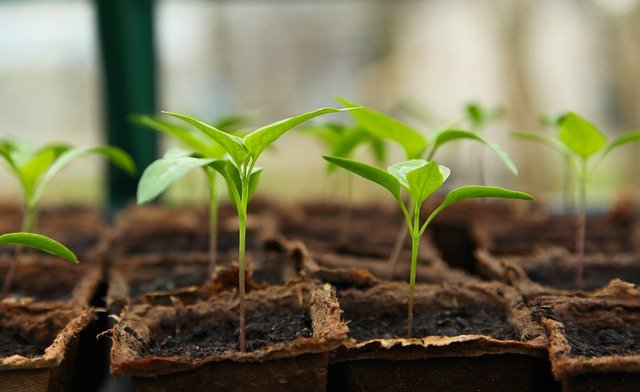
The conversion of energy from the sun into biochemical energy by plants and other photosynthetically competent organisms drives and sustains life on the earth. While the ability to perform photosynthesis provides autotrophic growth, it can be a double-edged sword.
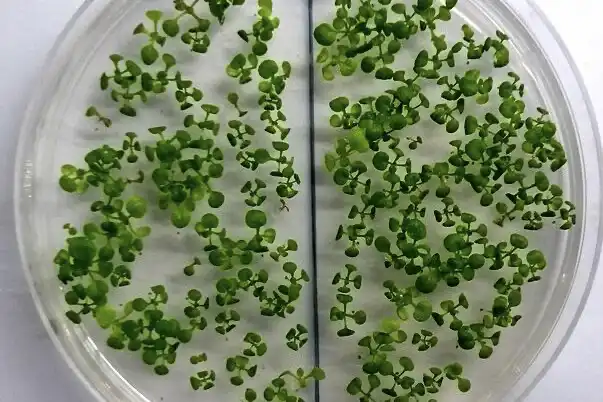
The Global Plant Council and Frontiers in Plant Science are delighted to announce the winning Research Topic from the 2022 Global Plant Council Prize: “AI, Sensors and Robotics in Plant Phenotyping and Precision Agriculture, Volume II”, led by Dr. Yongliang Qiao (University of Adelaide), Dr. João Valente (Wageningen University), Dr. Yu Yiang (Cornell Agritech), Dr. Zhao Zhang (China Agricultural University), Dr. Donjian He (Northwest A&F University), and Dr Daobilige Su (China Agricultural University).
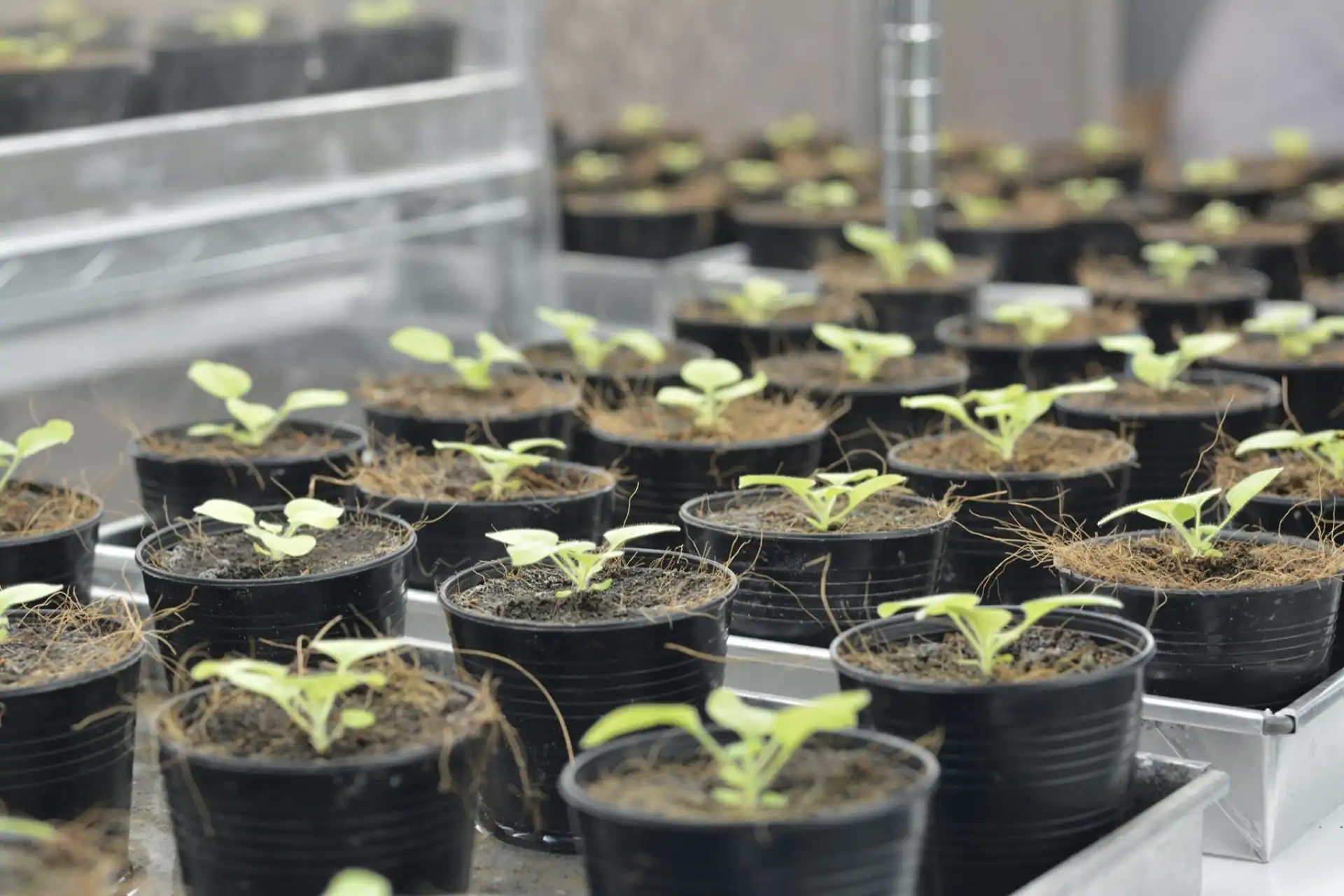
Tobacco plants have been engineered to manufacture an alluring perfume of insect sex pheromones, which could be used to confuse would-be pests looking for love and reduce the need for pesticides.
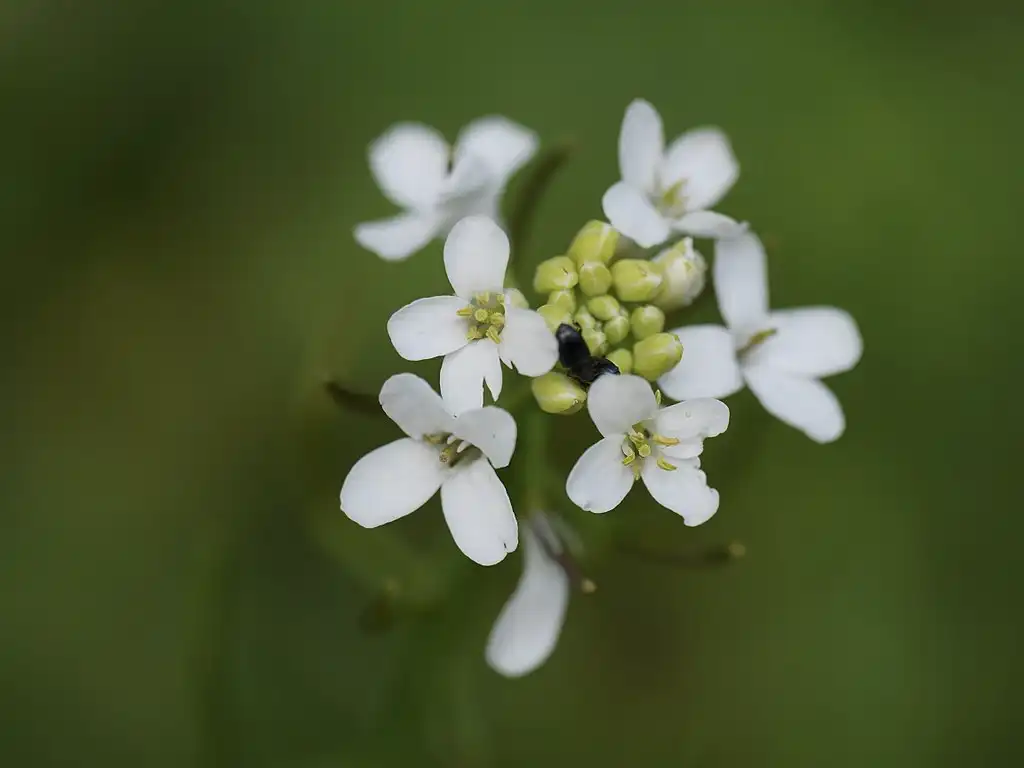
Insights into gene and protein control systems that regulate the use of nitrogen by plant roots could help develop crops that require less nitrogenous fertilizers to produce acceptable yields.
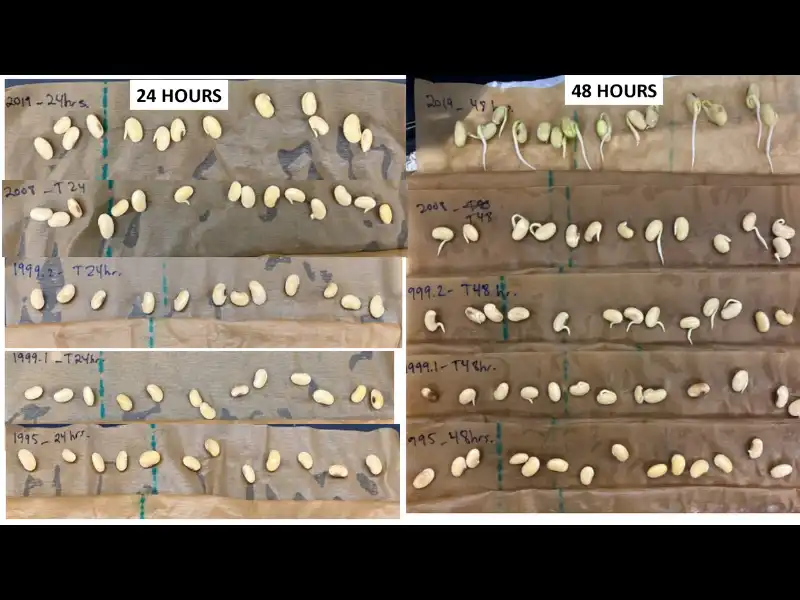
Aging is a part of life, and plants are no exception. The life cycle of a plant is felt in genebanks that store plant materials, such as seeds. Plant materials in genebanks may be accessed by farmers, researchers, conservationists, and others for breeding. But for a genebank to provide useful germplasm to growers, the seeds stored there must be alive when harvested. And as the stored seeds start to age, fewer and fewer of them live long enough to germinate. So, genebanks must continuously monitor stored seeds to ensure they haven’t aged beyond their ‘expiration date’ and lose ability to germinate.